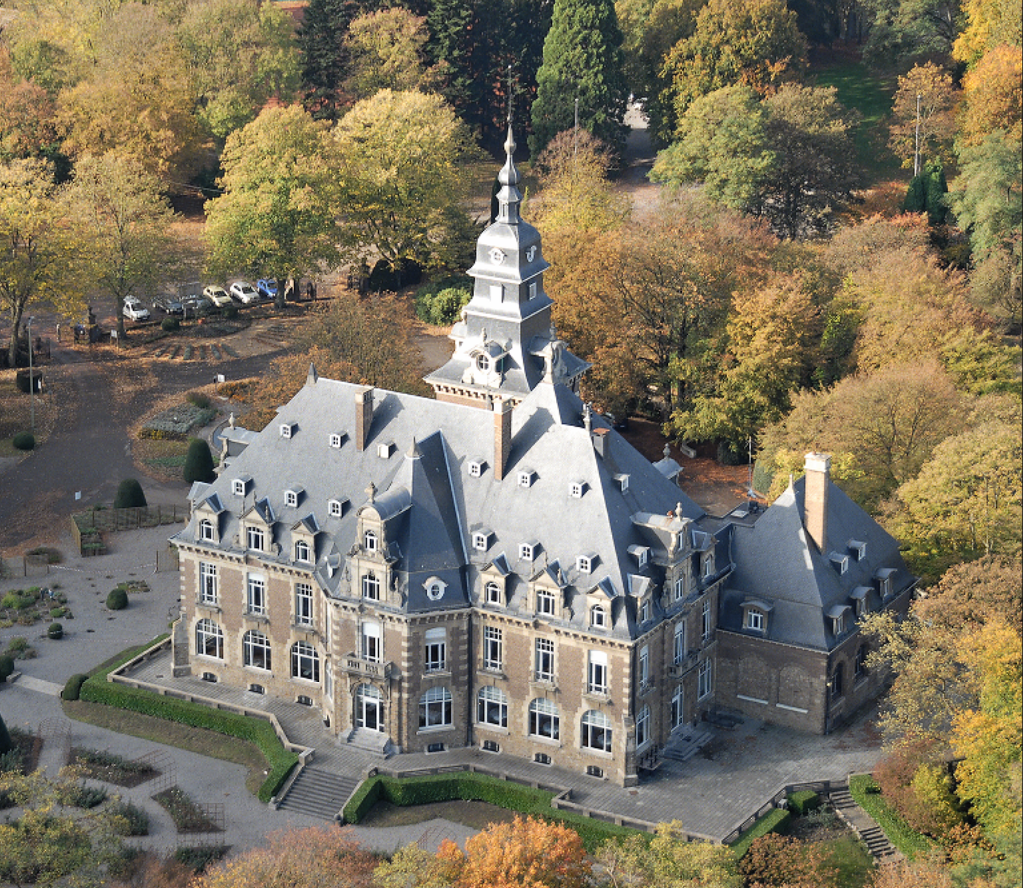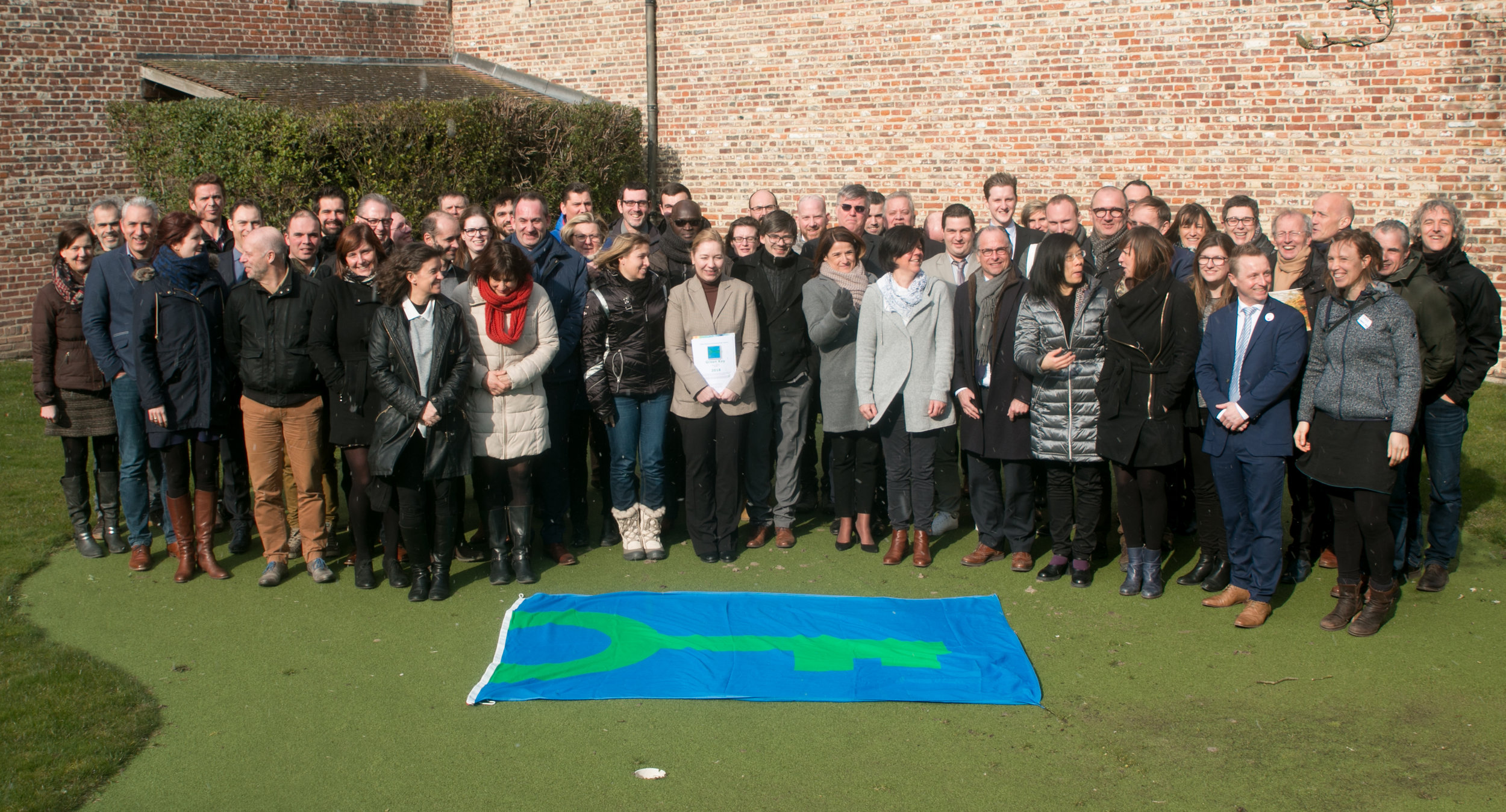The northern region of Belgium has now a total of 139 sites with the Green Key eco-label.
Camping Houtum is one of the new establishments awarded with the Green Key eco-label.
Sustainability is an increasing concern for business owners in Flanders, a region in Belgium that continues to expand the number of establishments with a Green Key certificate. The organisation responsible for managing the Green Key programme in Belgium, Good Planet, has now announced that thirteen sites from Flanders have received the sustainable eco-label for the first time. The recognition was given in an event last week, which took place in the city of Mechelen. Overall, there are now 139 establishments in Flanders complying with the Green Key programme criteria.
The high number of sites in Flanders with the Green Key eco-label results from a joint effort between business owners, who wish to implement more sustainable practices, and several municipalities from the region. As explained by Good Planet, the city of Ghent and the Province of Antwerp are examples of two public institutions that have been pushing a change for more sustainable tourism by financially supporting entrepreneurs obtaining the Green Key certificate.
The theme manager and board member of Tourism Flanders, Vincent Nijs, has discussed the organisation's role in promoting more sustainability in the region: "Flanders has already taken great steps in the field of sustainability, but there are still many challenges ahead. That is why Tourism Flanders is working on an ambitious vision and wants to contribute in a structural way to a sustainable and flourishing destination by supporting the sector even better in the future. That is why we want to encourage initiatives such as the Green Key and further implement them in our policy".
The camping site Houtum has now more organic and fair trade products on its café menu.
Camping Houtum in Kasterlee and Porta Superia in Mechelen are two of the new Green Key establishments that have shared their experience obtaining the international eco-label. Vic Van Eyck from Camping Houtum feared a "mountain of paperwork" initially but was surprised by the application process, which went through effortlessly with the help of the Tourism Province Antwerp. Awarded with the Green Key label, Camping Houtum is already making some changes in its business.
"We were already doing, sometimes unconsciously, a lot of efforts but putting organic, fair trade and local products on our café menu was such an extra effort that without Green Key we might never or only to a limited extent have done”, explained Vic Van Eyck.
For Porta Superia owners in Mechelen, getting the sustainable certificate is proof that ecology and comfort can go hand in hand. The new Green Key awarded B&B has solid sustainable practices already implemented, that include using local suppliers and organic products, solar panels, and efficient water-saving systems, including a shower with NASA technology.










